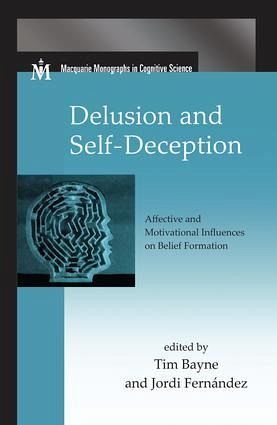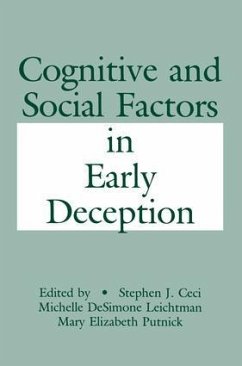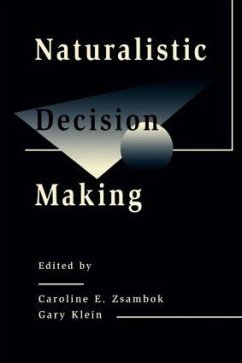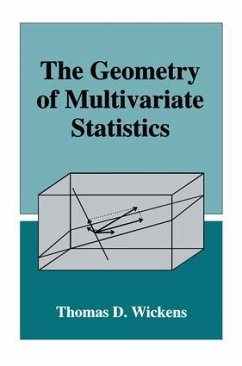
Delusion and Self-Deception
Affective and Motivational Influences on Belief Formation
Herausgeber: Bayne, Tim; Fernández, Jordi
Versandkostenfrei!
Versandfertig in 1-2 Wochen
69,99 €
inkl. MwSt.
Weitere Ausgaben:

PAYBACK Punkte
35 °P sammeln!
This volume is an interdisciplinary examination of the relationship between delusions and self-deception, bringing recent work on motivated reasoning to bear on the problems posed by these forms of pathological belief. The volume will appeal to cognitive scientists, clinicians and philosophers interested in the nature of belief and the disturbances to which it is subject.














